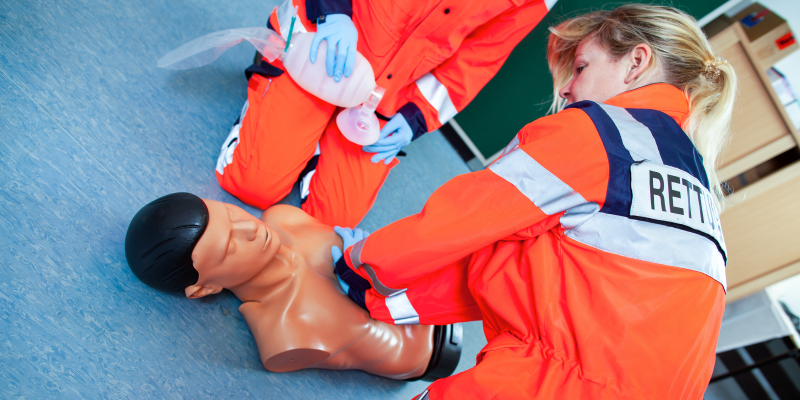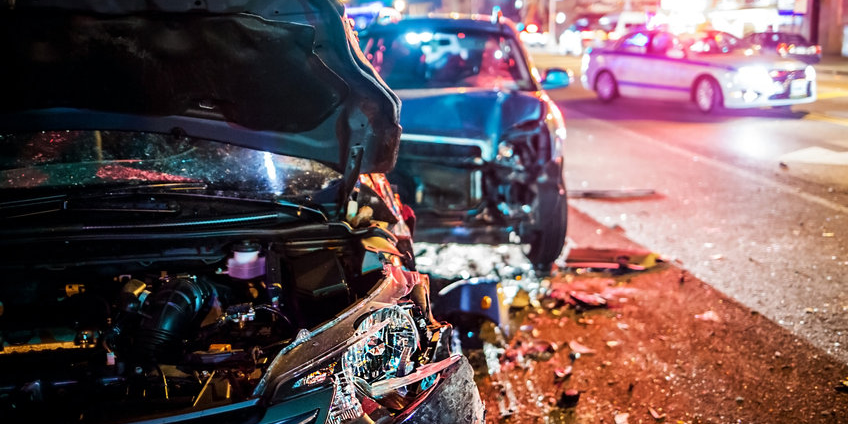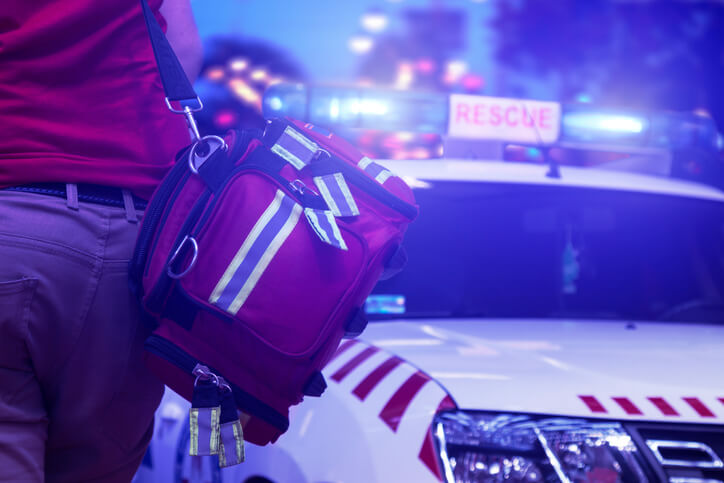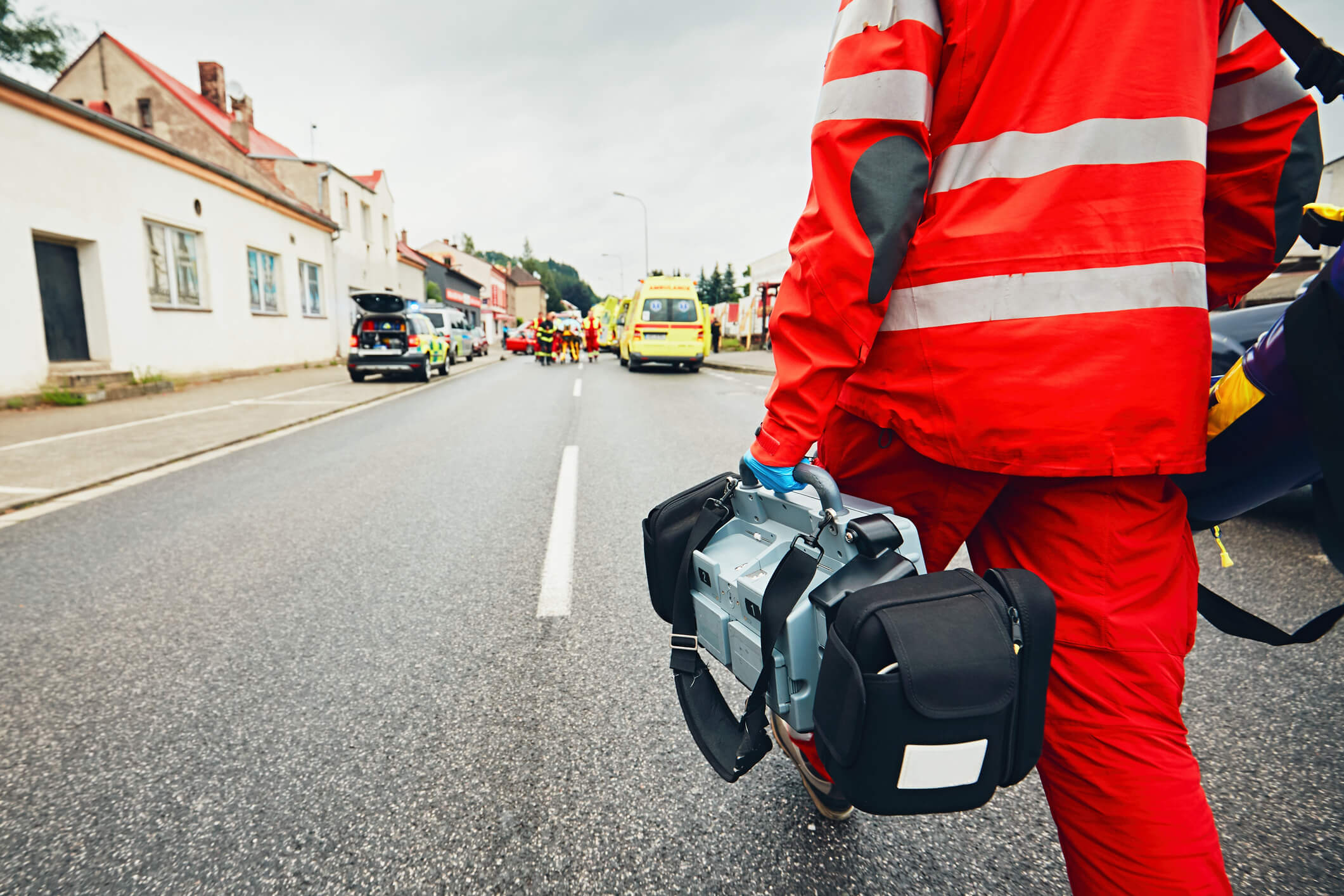Oral and facial injuries are common in many emergencies and can be extremely dangerous, even if they seem minor in comparison with other ailments suffered by the patient. Maxillofacial injuries, for instance, are usually complicated by their proximity to the upper airway and cranial and cervical structures, and can lead to severe airway trauma in patients.























